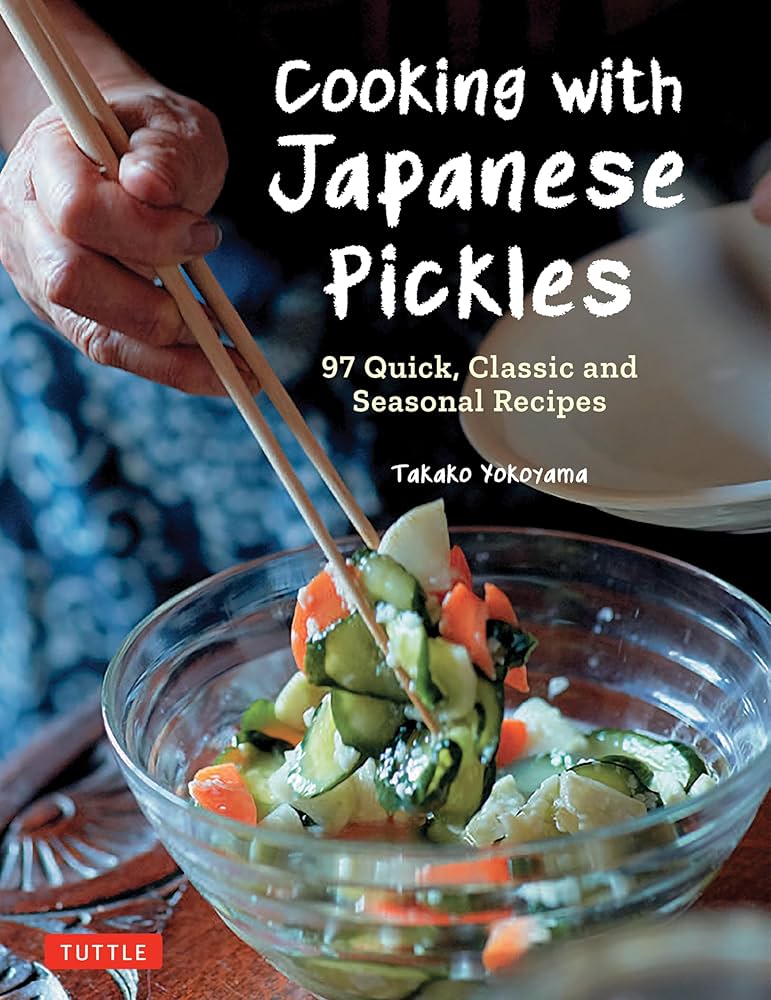Embracing Old-School Skills: The Revival of Pickling, Canning, and Sustainable Living
In an age where convenience dominates our lifestyles, a remarkable shift is taking place as people embrace the hands-on hobbies of yesteryear. Skills like gardening, canning, and pickling are not merely relics of the past; they are experiencing a renaissance in the modern world. This revival blends sustainability and tradition, allowing individuals to reconnect with the earth and their culinary heritage.
The Cultural Resurgence of Traditional Hobbies
The past few years have seen a significant rise in interest towards old-time skills, driven by a profound desire to live sustainably amid growing concerns about food sourcing and the environmental impact of mass-produced goods. Hobbies such as gardening and canning allow individuals to drastically reduce waste and become more mindful of their consumption patterns—a movement that media outlets and influencers are now championing. Such activities not only nurture our bodies but also nourish our spirits as they forge connections with the past.
Rediscovering traditional skills can enhance everyday experiences.
The Therapeutic Power of Gardening and Canning
For many, the resurgence of these vintage skills provides a therapeutic outlet that fosters wellness, particularly during challenging times. As COVID-19 led to widespread lockdowns, many sought solace in cultivating their own kitchen gardens, turning to gardening not just for sustenance but as a form of stress relief. The act of nurturing plants and experimenting with preserving techniques, such as canning and fermenting, can instill a sense of achievement and help ground individuals feeling overwhelmed by the rapid pace of modern life.
Social Media’s Role in Revitalizing Heritage Skills
Social media platforms like TikTok, Instagram, and YouTube have become powerful conduits for the dissemination of traditional craft techniques. Influencers and home-growers share tutorials, tips, and personal anecdotes about their sustainable practices, creating vibrant online communities united by shared interests. This digital age offers burgeoning gardeners and canners the resources and encouragement needed to embark on their own journeys into self-sufficiency.
Connecting with Nature
Engaging in hobbies such as gardening and canning fosters a unique relationship with nature, encouraging individuals to explore organic gardening methods, heirloom seed varieties, and innovative preservation techniques. As a direct response to the modern push for convenience, these activities inspire folks to embrace a more intentional lifestyle—one that respects natural cycles and traditional wisdom.
 Exploring the art of pickling can add exciting flavors to your meals.
Exploring the art of pickling can add exciting flavors to your meals.
Building a Sustainable Future
The growing interest in vintage hobbies coincides with broader themes of sustainability and minimalism. Communities draw upon the wisdom of past generations to inform a lifestyle that prioritizes home-grown produce, traditional crafts, and resourcefulness. In an era that often emphasizes fast consumption, the slow approach of fermenting, baking sourdough, and crafting tangy pickles encapsulates a commitment to rather simple living. This slow food movement champions local ingredients and seasonal produce, inviting others to join in making deliberate food choices—something that once felt lost is finding its way back into the consciousness of modern consumers.
The Joy of Pickling: A Culinary Adventure
Pickling stands out in the array of vintage practices due to its versatility and the myriad flavors it can add to meals. Not only does pickling preserve the freshness of seasonal vegetables, but it also acts as a creative canvas for exploration in the kitchen. As you master the process, you can experiment with diverse spices and flavors, personalizing each jar to your taste.
The Benefits of Self-Sufficiency
Pursuing hobbies like gardening and canning can lead to increased self-sufficiency. The ability to grow your own food and prepare it for the months ahead fosters a unique confidence and independence. It’s a fulfilling practice that connects people directly to their food sources and empowers them to make choices that benefit their health and the environment. In this sense, embracing these vintage skills is not only about personal satisfaction; it represents a collective movement toward a more sustainable future.
Conclusion: A Movement Toward Sustainability
The revival of vintage hobbies aligns with an increasing awareness of self-sufficiency and environmental responsibility. As people turn to traditional crafts like gardening and canning, they are not just preserving food but also nurturing their connection with the earth and their communities. This growing trend showcases how past practices can inform and enrich our modern lives. Let us embrace the knowledge of previous generations, utilizing it to cultivate our own sustainable, flavorful futures.
Get creative and dive into your own gardening and canning adventures today!















